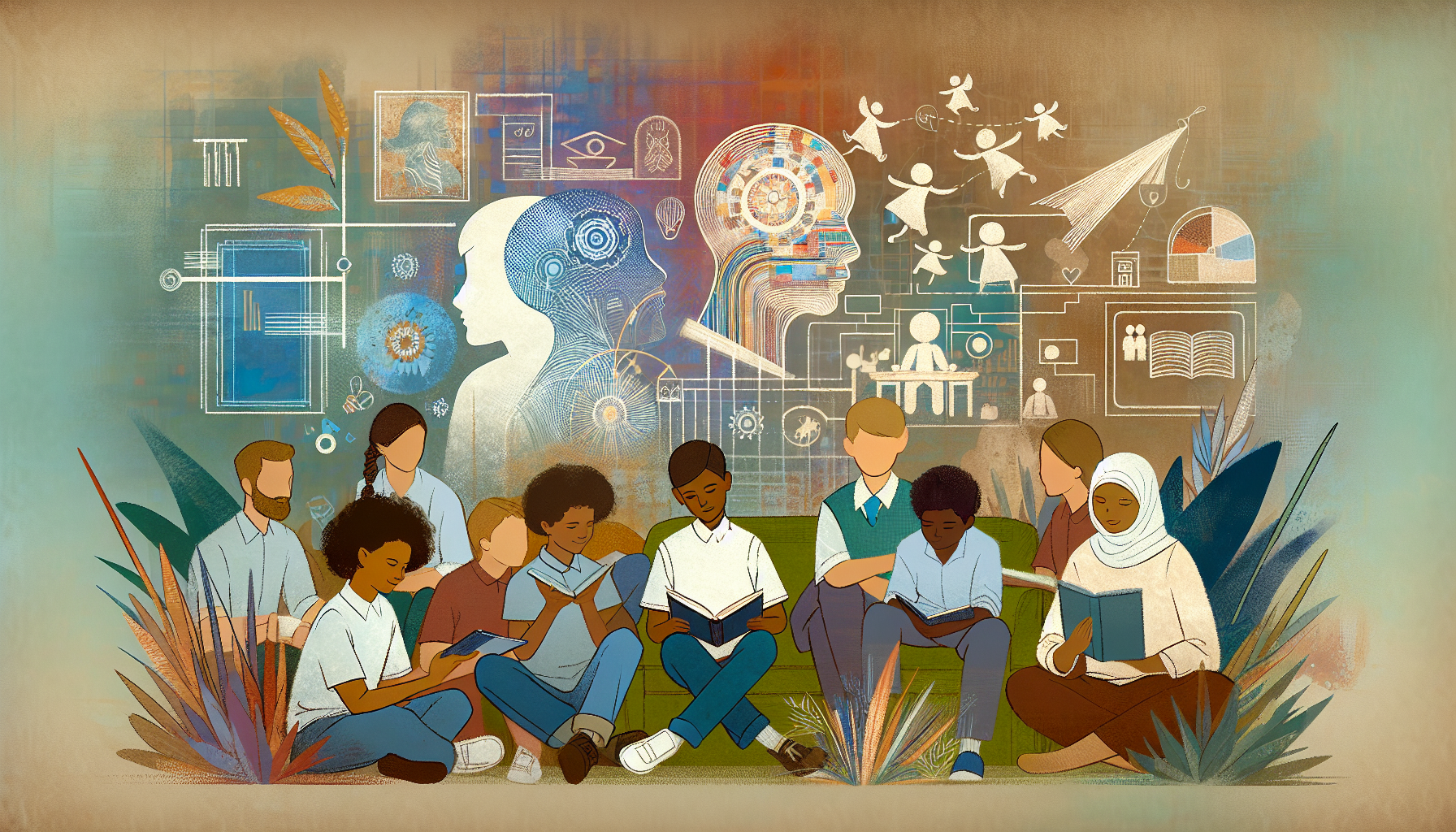How to Help Your Child Develop Good Communication Skills
In today’s fast-paced world, effective communication is more crucial than ever. For parents and future parents, understanding how to nurture and develop communication skills in children is essential for their social success and emotional well-being. By fostering these skills early on, you can help your child build strong relationships and navigate the complexities of social interactions.
Main Points
Developing communication skills in children is not just about teaching them to speak clearly or expand their vocabulary. It’s about nurturing their ability to express thoughts, understand others, and engage constructively in social settings. According to research, children who develop strong communication skills tend to perform better academically and socially.
From a psychological perspective, communication skills are closely linked to a child’s sense of autonomy and self-expression. Cognitive-behavioral therapy (CBT) principles emphasize the importance of addressing psychological needs such as safety, belonging, and autonomy. When children feel safe and understood, they’re more likely to express themselves openly.
Here are some key ideas to consider:
- Model Positive Communication: Children learn by observing. Demonstrate active listening, empathy, and respectful dialogue in your interactions.
- Encourage Self-Expression: Create a safe environment where your child feels comfortable sharing their thoughts and feelings. Validate their emotions and encourage open discussions.
- Foster Social Skills: Engage your child in activities that promote teamwork and collaboration. This helps them learn essential social cues and build confidence in group settings.
Practical Recommendations
Now that we understand the importance of developing communication skills in children, let’s delve into some practical parenting tips to help your child enhance these skills:
- Read Together: Reading is a great way to expand vocabulary and comprehension. Discuss stories and encourage your child to predict outcomes or relate to characters.
- Play Interactive Games: Games that require cooperation and communication, like charades or role-playing, can be effective in boosting social skills.
- Set Technology Limits: While technology can be educational, too much screen time can impede face-to-face interactions. Balance tech use with real-world communication.
- Practice Active Listening: Show your child what it means to listen actively by maintaining eye contact, nodding, and repeating back what they’ve said to confirm understanding.
Conclusion
In conclusion, helping your child develop good communication skills is a vital aspect of parenting. By modeling positive communication, encouraging self-expression, and fostering social skills, you can significantly impact your child’s ability to connect with others and succeed in various life domains. Remember, the benefits of nurturing these skills are long-lasting, contributing to your child’s academic, social, and emotional growth.
For more insights and parenting tips, explore our resources at Child Mind.

